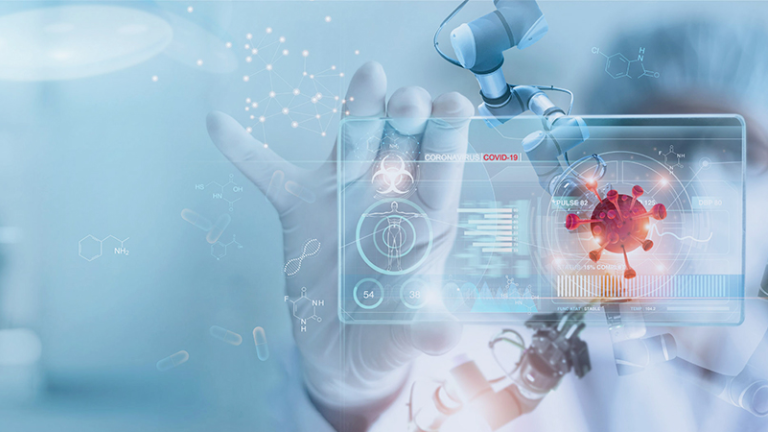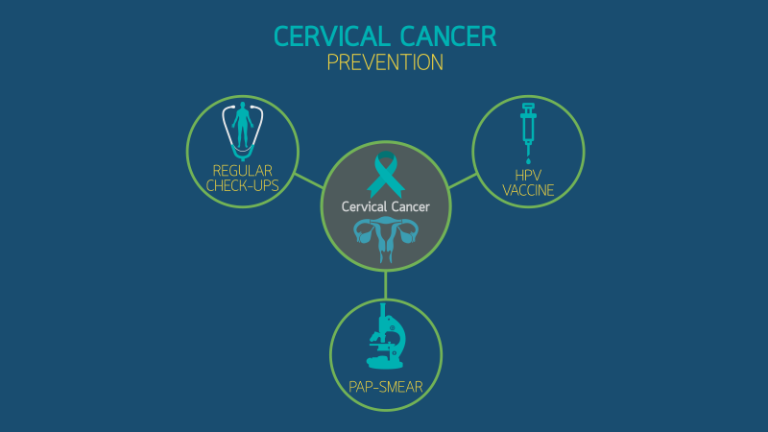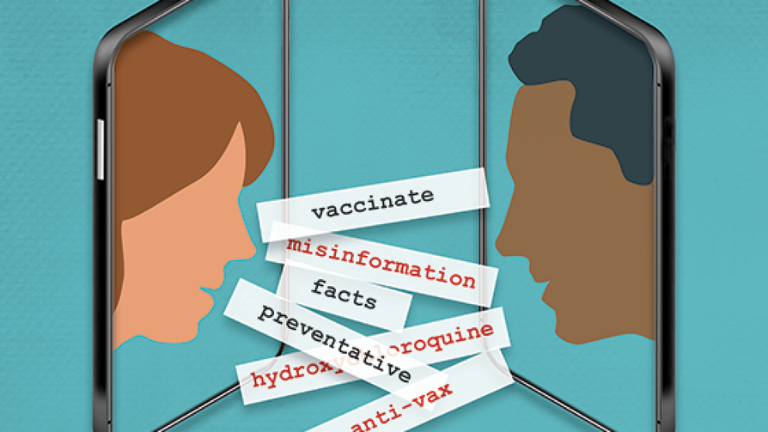Emerging Health Tech Risks: Innovations and Challenges in Modern Healthcare
The Double-Edged Sword of Emerging Health Tech Risks
The 21st century has been marked by groundbreaking medical advancements, from AI-driven diagnostics to genetic engineering and wearable health technology. These innovations are transforming healthcare, offering better disease detection, personalized treatments, and improved patient monitoring.
However, with every medical breakthrough, new emerging health tech risks arise. Issues like data security breaches, ethical concerns, misinformation, and unintended health consequences are growing problems in the rapidly evolving medical landscape.
Understanding emerging health tech risks is essential for ensuring that innovation improves global healthcare while minimizing harm. This article explores:
✅ The latest health technologies
✅ The risks they pose
✅ Solutions to mitigate emerging health tech risks
The Latest Advancements in Health Technology
1. Artificial Intelligence in Healthcare
AI is revolutionizing medical diagnostics, robotic surgeries, and treatment plans. Algorithms can now detect cancer, analyze X-rays, and predict disease outbreaks faster than human doctors.
🟢 Potential Benefits:
- Early disease detection, improving survival rates
- Personalized medicine tailored to individual patients
- Automation of hospital operations, reducing human error
🔴 Emerging Health Tech Risks:
- AI bias in healthcare—flawed algorithms can misdiagnose certain populations
- Data privacy threats—AI requires massive patient data, raising cybersecurity concerns
- Over-reliance on technology—reducing the role of human judgment in healthcare
👉 How to Mitigate Risks:
- Develop ethical AI guidelines
- Implement strict cybersecurity protocols
- Ensure human oversight remains essential in AI-based decisions
2. Gene Editing and CRISPR Technology
CRISPR gene-editing has transformed genetic research, enabling the modification of DNA to eliminate genetic disorders.
🟢 Potential Benefits:
- Eradication of hereditary diseases like sickle cell anemia
- Advancements in cancer treatment
- Increased immunity against viral infections
🔴 Emerging Health Tech Risks:
- Unintended genetic mutations
- Ethical concerns over human gene modifications
- Limited accessibility, raising concerns about genetic inequality
👉 How to Mitigate Risks:
- Establish global ethical regulations for gene editing
- Conduct long-term safety studies
- Ensure fair access to gene-editing treatments
3. Medical Wearables and Digital Health Devices
Wearable health tech, from smartwatches to continuous glucose monitors, is transforming personalized medicine.
🟢 Potential Benefits:
- Remote health monitoring, reducing hospital visits
- Early detection of chronic diseases
- Personalized fitness and wellness insights
🔴 Emerging Health Tech Risks:
- Privacy concerns—sensitive health data can be hacked or misused
- Device inaccuracies—leading to misinterpretation of health metrics
- Addiction to health tracking, causing mental stress
👉 How to Mitigate Risks:
- Strengthen data encryption on wearable devices
- Conduct rigorous accuracy testing before market release
- Educate users about healthy data interpretation
4. Social Media and Mental Health Risks
Social media influences mental health trends, with both positive and negative effects.
🟢 Potential Benefits:
- Greater awareness of mental health issues
- Access to online support communities
- Remote therapy and mental health resources
🔴 Emerging Health Tech Risks:
- Mental health misinformation—unverified medical advice spreads rapidly
- Increased anxiety and depression due to online comparison
- Overuse of social media, affecting sleep and cognitive well-being
👉 How to Mitigate Risks:
- Promote fact-checking and digital literacy
- Encourage healthy social media habits
- Hold platforms accountable for spreading false health information
5. The Growing Threat of Antimicrobial Resistance (AMR)
Antimicrobial resistance is becoming a global health crisis, as misuse of antibiotics and disinfectants creates superbugs resistant to treatment.
🟢 Potential Solutions:
- AI-driven antibiotic discovery
- Public health campaigns on responsible antibiotic use
- Global cooperation in antimicrobial research
🔴 Emerging Health Tech Risks:
- Higher mortality rates due to drug-resistant infections
- Lack of new antibiotics, worsening the crisis
- Misuse of disinfectants, strengthening resistant bacteria
👉 How to Mitigate Risks:
- Enforce strict antibiotic regulations
- Promote alternative treatments and new drug research
- Educate healthcare providers and patients on AMR dangers
The Future of Emerging Health Tech Risks
With rapid advancements in AI, gene editing, wearables, and digital health, the healthcare industry faces unprecedented opportunities and risks. While technology enhances patient care and disease prevention, it also raises serious ethical and safety concerns.
✔ Regulations – Strong policies must govern emerging health tech risks to protect patients.
✔ Education – Doctors, researchers, and the public need to stay informed about risks and benefits.
✔ Equity – Technological advancements should be accessible to all, not just the privileged few.
By proactively addressing emerging health tech risks, we can ensure a safe and innovative future in healthcare.
🚀 What are your thoughts on emerging health tech risks? Are you excited or concerned about these medical advancements?




